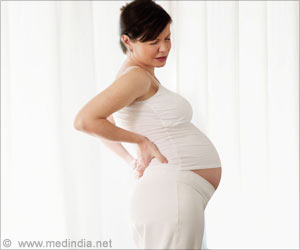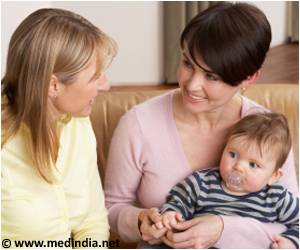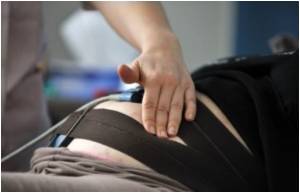The height of the unborn child may be affected by even a little amount of coffee consumption by the mother during pregnancy.
- Pregnant women should limit their daily caffeine intake to 200 milligrams, or roughly two 6-ounce cups of coffee
- Compared to children born to mothers who abstained from caffeine entirely throughout pregnancy, children of mothers who consumed little to no caffeine on average were slightly shorter
Caffeine Recommendations During Pregnancy
There are numerous pieces of advice on things to avoid during pregnancy. High caffeine intake is detrimental to unborn children. While some studies have identified no such dangers, others have connected moderate coffee drinking during pregnancy to low birth weight and other undesirable outcomes.The American Academy of Obstetricians and Gynecologists advises pregnant women to limit their daily caffeine intake to 200 mg. A regular mug of filter coffee contains about 140 mg of caffeine. Tea, soft drinks, energy drinks, cocoa, and chocolate contain caffeine.
Drinking Coffee During Pregnancy Impacts the Child's Height
According to the study, the slightly shorter height was noticed beginning at age four and increasing until age eight, translating to a 0.68 to 2.2 cm difference. These results were documented even among children whose mothers drank less than half a cup of coffee daily during pregnancy.It is uncertain if this would lead to persistent height disparities into maturity. Additionally, the study found no evidence of a connection between shorter stature and caffeine intake.
Source-Medindia
















